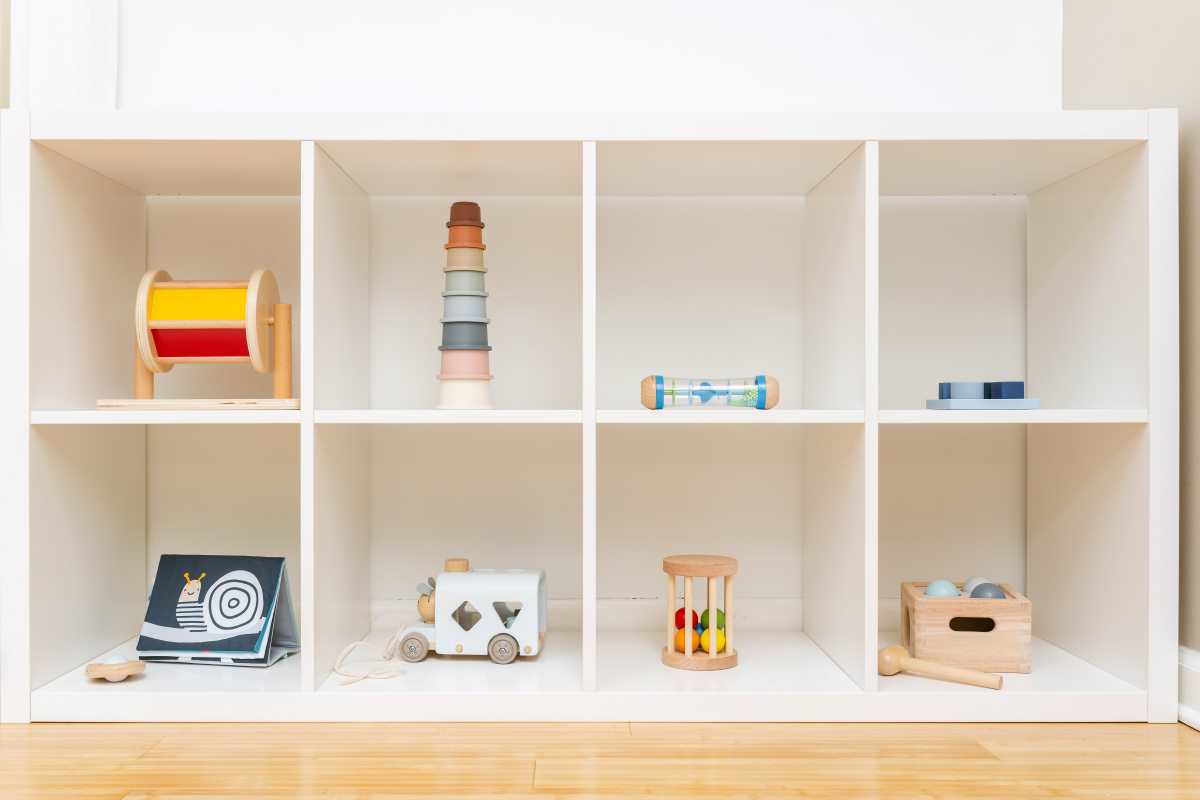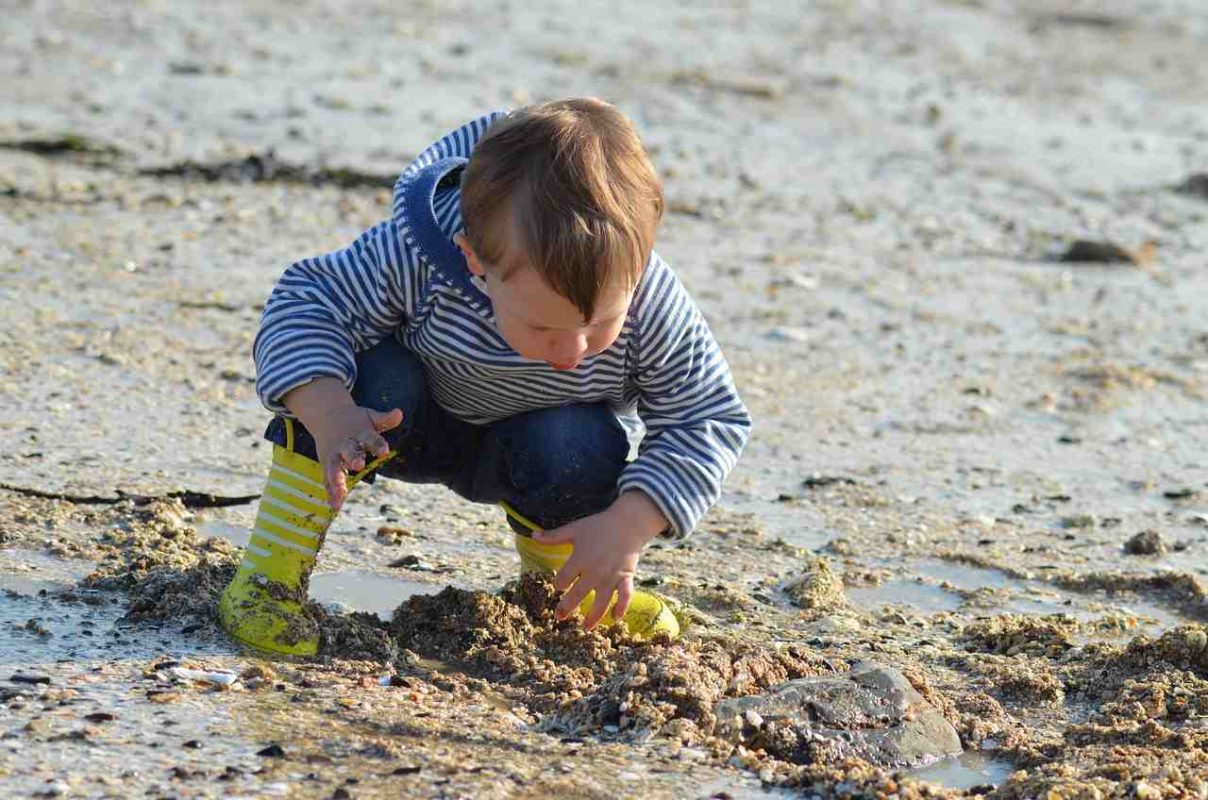Montessori education
Montessori Teacher Training Guide: Certification, Online Programs & More
Montessori education is a unique teaching philosophy and methodology that emphasizes supporting the natural development of children. The demand for qualified Montessori teachers has been rapidly increasing as more parents recognize the benefits of Montessori education. Proper Montessori teacher training is essential to develop the skills and knowledge required to be an effective Montessori educator. This comprehensive guide provides aspiring teachers with everything they need to know about pursuing Montessori teacher certification and training programs.
Table of Contents
Understanding Montessori Education
The Montessori method was developed over 100 years ago by Dr. Maria Montessori, one of the first female physicians in Italy. Her scientific observations of children led her to revolutionize educational practices based on supporting children’s innate desire to learn.
Some key principles behind Montessori education include:
- Child-centered learning: Children take an active role in choosing activities that interest them and pace their own learning.
- Hands-on learning: Montessori classrooms are equipped with specialized educational toys and activities that engage multiple senses.
- Mixed age classrooms: Age groups span 2-3 years to foster peer learning.
- Uninterrupted work time: Long work periods allow children to immerse themselves in an activity.
- Prepared environment: Materials and activities are thoughtfully designed and sequenced to build skills.
Studies show Montessori education leads to better academic performance, executive function, social skills, and motivation to learn. The multi-age classrooms also encourage a peaceful atmosphere.
Montessori programs are centered around the following age groups:
- Infant & Toddler: Birth to 3 years old
- Early Childhood: 3-6 years old
- Lower Elementary: 6-9 years old
- Upper Elementary: 9-12 years old
- Adolescent: 12-15 years old
Why Choose Montessori Teacher Training?
Montessori teaching requires a specific skill set and knowledge base different from traditional education. Montessori teacher certification ensures educators fully understand the theory behind the materials, child development, and best practices. Reasons to invest in quality training include:
- Gain an in-depth understanding of the Montessori philosophy and methodology.
- Learn how to effectively implement Montessori materials and lessons.
- Develop skills in crafting developmentally appropriate programs for each age group.
- Understanding of child psychology and creating empowering classrooms.
- Ability to properly observe, assess, and guide each individual student.
- Qualification for teaching positions at Montessori schools.
- Membership in professional Montessori organizations once certified.
Studies correlate Montessori training with higher quality instruction. Proper teacher preparation is crucial for bringing Montessori principles to life.
Montessori Teacher Training Program Options
Aspiring Montessori teachers can choose from many recognized training programs worldwide. Here are some of the major Montessori teacher education providers:
- American Montessori Society (AMS): Offers teacher education programs for all age levels. Recognized by the U.S. Department of Education.
- Association Montessori Internationale (AMI): Montessori’s original teacher training organization. Offers elite certification programs.
- Other Montessori Organizations: Such as the International Montessori Council (IMC) and National Center for Montessori Education (NCME).
- Montessori Schools: Some reputable schools like Springboard to Education offer their own onsite training.
- Distance Learning: There are accredited online Montessori teacher certification programs through organizations like the Institute for Guided Studies.
The duration and format of programs varies:
- Infant/Toddler: 6 months to 1 year long. May require some in-class time.
- Early Childhood: 1-2 years in length. Often includes a teaching practicum.
- Elementary: 1 year. Around 300 hours of coursework and a practicum.
- Administrator Courses: 6 months to 1 year. For school leadership roles.
Look for a training program that meets your location, learning style, schedule and budget needs while still providing comprehensive preparation for Montessori teaching.

Montessori Teacher Education Curriculum
Montessori teacher programs provide in-depth instruction both in theory and classroom practice. Typical curriculum includes:
Montessori Philosophy & Child Development
- Human development phases
- The absorbent mind
- Montessori principles of independence, sensitive periods, etc.
- Peace education
- Child psychology
Classroom Leadership
- Observing & guiding children
- Individualized assessment and responsive teaching
- Supporting social-emotional development
- Managing mixed-age classrooms
- Lesson planning based on student needs
Montessori Materials & Curriculum
- Math, language, sensorial, & cultural materials
- Cosmic education, practical life skills
- Subjects across age groups like botany and geometry
- Material making
Teaching Practice
- Student teaching under a master teacher
- Handling classroom procedures
- Managing behaviors and discipline positively
- Implementing learning environments, schedule
- Working with special needs
Good programs provide supervised teaching practice to apply knowledge in authentic classroom settings. This experiential learning is vital to be prepared to lead a Montessori classroom.
Importance of Accreditation & Certification
Since the term “Montessori” is not copyrighted, it’s important to verify proper accreditation of any Montessori teacher certification program. Accredited training centers have met high standards in their quality of instructors, facilities, materials, coursework, and graduate outcomes.
Key accrediting bodies include:
- Montessori Accreditation Council for Teacher Education (MACTE)
- Montessori Accrediting Commission (MACTE associated)
- International Montessori Council (IMC)
Upon successful completion of an accredited program, graduates earn a Montessori teaching certificate or diploma. Having this credential qualifies you to use the title “Montessori teacher”. Some key requirements for certification include:
- Completing all required coursework and practicum hours
- Maintaining attendance and grades
- Passing written and oral exams covering Montessori theory and practice
- Demonstrating competency teaching lessons with Montessori materials
Certification allows Montessori educators to command higher salaries and have access to more career opportunities. It shows parents, students, and schools your high level of preparation.

Montessori Training Tuition Costs & Financial Aid
Investing in quality teacher training pays dividends over the course of your teaching career. However, programs can represent a significant upfront cost depending on the length and complexity. Here are some average tuition estimates:
- Infant/Toddler: $5000-$6000 total
- Early Childhood: $8000-$10,000 total
- Elementary: $4000-$6000 total
- Administrator: $4000-$7000 total
Onsite and residential programs are typically more expensive. Programs take into account these investments by offering payment plans, discounts like early registration, and scholarships. Some financial aid options include:
- Scholarships: Competitive scholarships and grants awarded based on merit or financial need.
- Loans/Payment Plans: Many programs help students secure funding through subsidized loans, installment plans, employer tuition reimbursement programs etc.
- TEACH Grants: Federal grants up to $4000 a year for teaching in low-income schools.
Doing some scholarship research, applying for financial aid, and utilizing employer education benefits can help offset training costs.
Choosing the Best Montessori Teacher Training Program
Selecting the right Montessori teacher preparation program for your goals and needs takes consideration. Important factors include:
Certification Level: Do you want to teach infants, lower elementary or all levels?
Program Format: Online distance, onsite, hybrid, full-time or part-time?
Location: Close to home or willing to relocate?
Teaching Practicum: Minimum 200-300 hours supervised practice ideal.
Instructors: Experienced Montessori educators.
Tuition Costs: Budget-friendly with scholarships/financial aid.
Accreditation: By a reputable Montessori organization.
Recommendations from other Montessori teachers can provide insight into programs they found valuable. Give weight to factors like practicum hours and instructor expertise over cost alone.
Here is a checklist to consider when researching teacher training programs:
Montessori Teacher Training Checklist
- Accredited by MACTE, AMS, AMI or IMC
- Certification for age levels you want to teach
- Minimum 1 year Early Childhood or 300 hours Elementary
- Montessori philosophy & child development focus
- All Montessori subjects and materials covered
- Taught by experienced Montessori educators
- 200+ hours supervised teaching practicum
- Affordable tuition rates or financial aid available
- Fits your schedule and learning needs
- Onsite training program (if preferred)
Exciting Career Path for Montessori Teachers
The demand for Montessori-trained teachers is growing rapidly. By undertaking respected teacher training, you can gain access to a rewarding global career. Opportunities include:
- Montessori Schools: Public, private and charter schools seek qualified Montessori teachers at progressive schools across the world.
- Childcare Centers: Many daycare and preschool programs integrate Montessori principles and require certified teachers.
- Specialized Montessori Programs: Such as hospital-based Montessori, Montessori teen programs, Montessori sports programs etc.
- School Leadership: Head teaching roles, consultants, teacher coaches and administrators.
- Educational Businesses: Publishing Montessori teaching resources or manufacturing educational toys and tools.
- Teaching Abroad: Schools in Europe, Asia and the Middle East often sponsor foreign Montessori teachers.
- Running your Own School: Opening a Montessori early learning center or homeschool collective.
With further training and experience, you can specialize in areas like special needs or move into school leadership roles. The skills gained also translate well into other teaching and educational fields.

Success Stories From Montessori Teacher Training Graduates
Many accomplished Montessori educators credit their teacher training as the catalyst that started their career. Here are some testimonials from graduates:
“Taking the teacher training was the best decision I ever made. The hands-on learning gave me confidence and skills to immediately design and lead my own classroom. I was hired even before graduating!” – Christine, Early Childhood graduate
“I appreciate how the training prepared me to teach lessons with progressions across age groups and developmental levels. I’ve since completed 3 certifications to work with children from toddlers through 12 years old.” – Andrew, Elementary I and II graduate
“The practicum was incredibly helpful for learning how to interact with students and manage a busy classroom. My mentor teacher gave me the freedom to discover my own style. I now run a successful private Montessori elementary program!” – Sara, Lower and Upper Elementary graduate
These testimonials demonstrate how comprehensive Montessori teacher preparation opens doors to rewarding teaching careers and enables graduates to shape the development of countless children.
Frequently Asked Questions
Many prospective Montessori teachers have questions about the training process and what it prepares them for. Here are answers to some commonly asked questions:
How long does Montessori teacher training take?
Most Early Childhood training takes 1-2 years, while Elementary training is around 1 year or 9 months long. Infant/Toddler can be just 6 months. Administrator and diploma courses add 1 year.
Can I work while getting my Montessori teacher certification?
Some onsite programs are full-time commitments, but many hybrid and online Montessori certification options allow working while studying through part-time, evening and weekend formats.
Where can I find Montessori teacher training programs?
AMS, AMI and MACTE all list accredited Montessori teacher preparation programs on their websites. You can also find programs through specific Montessori schools and online distance learning centers.
What age group should I be certified for?
Early Childhood certification (serving ages 3-6) is the most common starting point. You can always pursue additional credentials for toddlers, elementary or adolescents later on.
What is the cost of Montessori teacher education?
Tuition ranges from $4000-$10,000 depending on program length and levels. Scholarships, financial aid, employer tuition assistance etc. can help offset costs.
Can I become a Montessori teacher without certification?
Some schools may hire untrained teachers, but certification ensures you fully understand the methodology and are credible as a Montessori educator.
How do I choose the best Montessori training program?
Look for MACTE/AMS/AMI accreditation, experienced instructors, minimum 300 hours supervised practice teaching, and a program format matching your schedule, budget and learning needs.
Start Your Journey to Become a Montessori Teacher!
Montessori education provides children around the globe with nurturing environments that support their development. As demand for Montessori schools surges, teachers with proper Montessori training are in high demand. Through reputable teacher preparation programs, you can gain the knowledge, credentials and confidence to build an incredibly rewarding career as a Montessori teacher.
This guide provided an extensive overview of Montessori teacher certification pathways, curriculum, teaching practice, accreditation, costs and program types. Use the resources and recommendations to find a quality training program that fits your unique goals. Then embark on an exciting journey to make a profound difference in children’s lives as a passionate Montessori educator!
FAQs
What is Montessori teacher training?
Montessori teacher training is specialized education to fully prepare educators in the Montessori educational philosophy, curriculum, materials, child development, and hands-on teaching methods. These comprehensive certification programs ensure teachers are highly qualified.
How long does Montessori teacher training typically take?
Most Montessori teacher training programs range from 9 months to 2 years depending on the age level. Early childhood certification generally takes 1-2 years, while elementary is around 1 year long.
Are there online Montessori teacher training programs available?
Yes, there are accredited online Montessori teacher certification programs through organizations like the Institute for Guided Studies and Montessori Teacher Training Colleges. These allow more flexibility.
What are the key requirements for enrolling in Montessori teacher training?
Typical requirements include a bachelor’s degree, background check, essays explaining your interest in Montessori, an application form, references, and an interview. Some experience working with children is preferred.
How can I find accredited Montessori teacher training programs near me?
The American Montessori Society, Association Montessori Internationale, and Montessori Accreditation Council for Teacher Education all provide searchable databases of accredited training programs by state and country.

References
https://www.cgms.edu/about/
https://aimmontessoriteachertraining.org/certifications
https://scienceandliteracy.org/best-online-montessori-teacher-training/
https://www.montessoritraining.net/
https://amshq.org/Educators/Professional-Development/AMS-Certificate-Programs-and-Courses
https://montessori-ami.org/training-programmes

